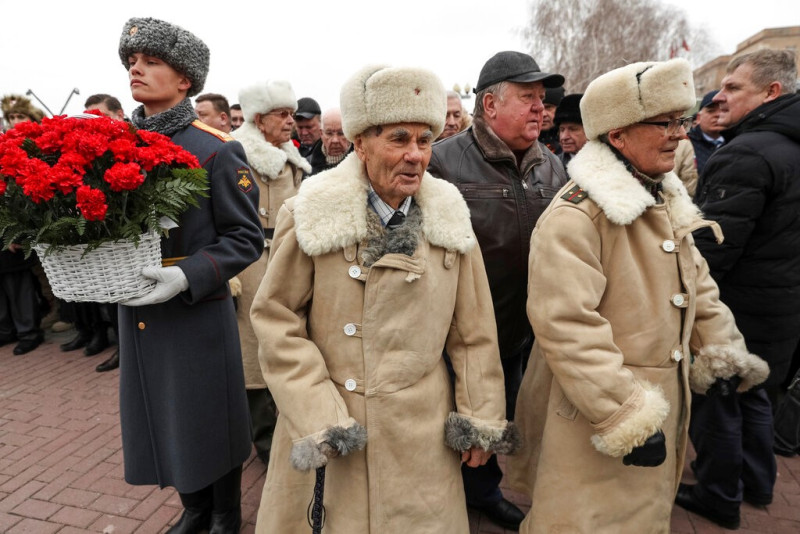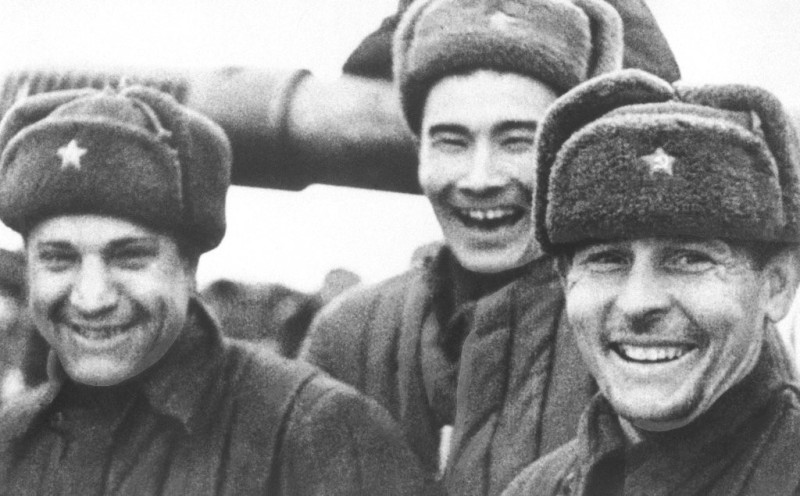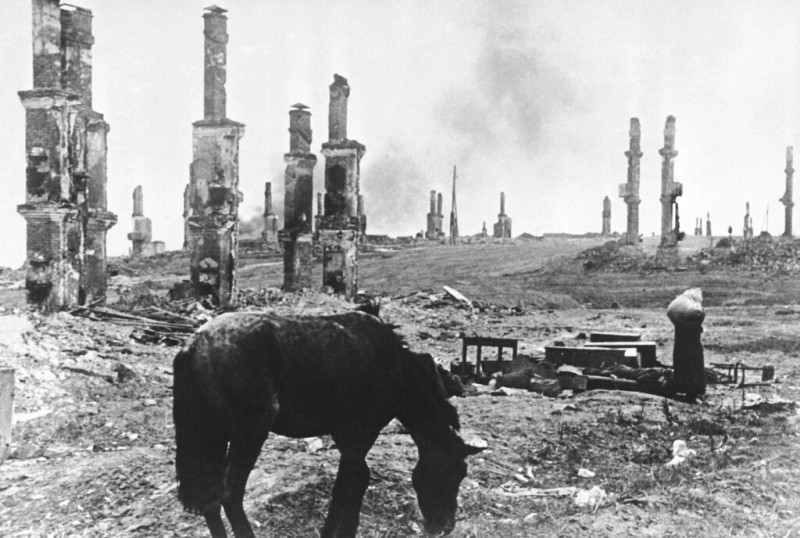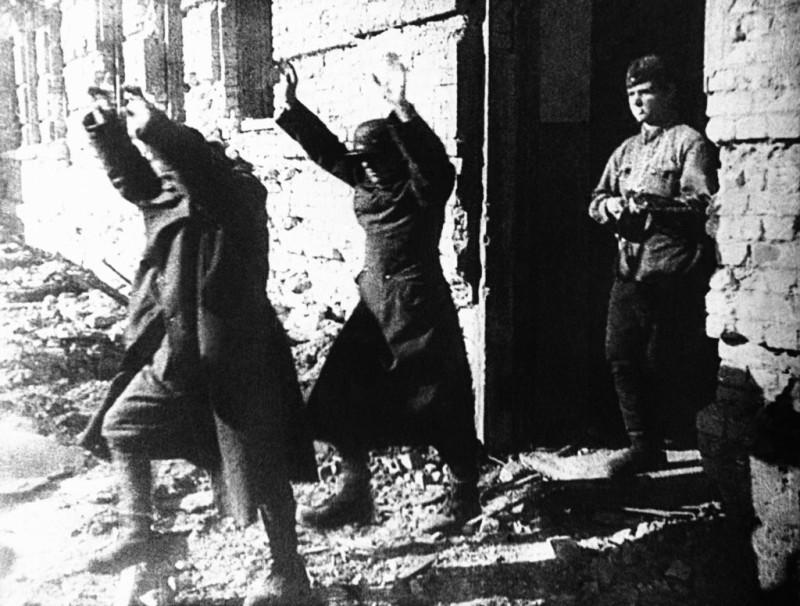This anniversary takes on greater symbolic significance as it approaches the first anniversary of the February 24, 2022 start of the Russian invasion of Ukraine
Russia is celebrating today the 80th anniversary of the Soviet victory over the Germans Nazi in the Stalingradwhich was a major turning point in the development of World War II and remains a powerful symbol of Russian patriotism.
The center of events is Volgograd, as Stalingrad has been renamed, a city of one million inhabitants on the banks of the Volga River.
Yesterday, Wednesday, a bust of the Soviet leader Stalin was unveiled – a rare event in Russia – while today a large military parade will take place, in the presence of Putin.
Since the morning, flowers and wreaths have been laid at Mamaev Kurgan, a strategically important hill where fierce battles were fought and which for decades has remained a place of pilgrimage for Russians who want to pay their respects to the dead of the Battle of Stalingrad.
Stalingrad was renamed Volgograd in 1961, eight years after Stalin’s death. Since 2013, following a decision by local officials, the city has been “renamed” Stalingrad six times a year, mainly on February 2 and May 9, when Russia celebrates its victory over Nazi Germany.
Anniversary against the backdrop of the invasion of Ukraine
The anniversary events come as heavy fighting rages between Russian forces and Ukrainian soldiers and takes on greater symbolic significance as the first anniversary of the February 24, 2022 start of Russia’s invasion of Ukraine approaches.
Putin himself does not hesitate to parallel the Soviet resistance to Hitler with the invasion of Ukraine.
“Forgetting the lessons of history leads to the repetition of horrible tragedies. The proof is the crimes against civilians, ethnic cleansing and punitive actions organized by neo-Nazis in Ukraine,” Putin said on Friday on the occasion of International Holocaust Remembrance Day.
The attack against Ukraine aims, as the Kremlin claims, to “demilitarize” and “de-Naziize” the country.
The Battle of Stalingrad
The Battle of Stalingrad (1942-43), which is considered one of the bloodiest in history with approximately two million dead on both sides, changed the course of the war.
This battle, which began in July 1942, lasted 200 days and nights. Stalingrad was reduced to ruins as it was targeted by aerial bombardment by German troops, and particularly violent fighting took place in the city’s streets.
On February 2, 1943 the troops of German Marshal Friedrich Paulus surrendered, surrounded by the Red Army.
It was the first time German troops had surrendered during World War II.
Read the News today and get the latest news.
Follow Skai.gr on Google News and be the first to know all the news.
With a wealth of experience honed over 4+ years in journalism, I bring a seasoned voice to the world of news. Currently, I work as a freelance writer and editor, always seeking new opportunities to tell compelling stories in the field of world news.














